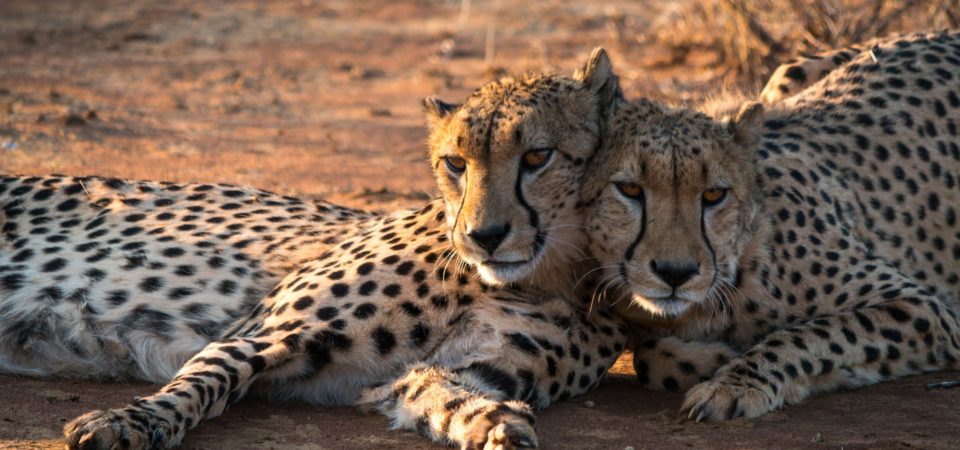Item Link: Access the Resource
File: Download
Date of Publication: January 2018
Year of Publication: 2018
Author(s): Margaret Pyke Trust, Population & Sustainability Network, Cheetah Conservation Fund
The Cheetah Conservation Fund joins the Population & Sustainability Network and Margaret Pyke Trust to share why and how the Cheetah Conservation Fund is promoting human reproductive health and rights as a component of its world-renowned research and conservation of cheetahs.
Introduction: Since its founding in 1990, the Cheetah Conservation Fund (CCF) has been the global leader in the research and conservation of cheetahs. Over the past 28 years, it has become increasingly clear to CCF that wildlife conservation models in cheetah range countries that do not simultaneously address the health and well-being of local human populations are inadequate. CCF’s guiding conservation strategy encompasses working with and empowering communities, so they are strong enough to steward wildlife and manage their local natural resources. As human populations in Africa are increasing and cheetah populations are on the decline, this holistic approach has never been more important than it is now.
Human population dynamics, including population growth, are key issues when considering cheetah conservation. More than 90% of Namibia’s cheetahs, for instance, live outside protected areas, and are therefore even more susceptible to anthropogenic impacts such as human-wildlife conflict and habitat loss. These and other impacts intensify as human populations grow and land use becomes more intensive. Conserving cheetahs calls for innovative, cross-sectoral solutions promoting the sustainable co-existence of wildlife and humans. As part of CCF’s commitment to implementing these cross-sectoral solutions, CCF has joined the Population & Sustainability Network, a global alliance promoting reproductive rights for sustainable development.
Population, Health and Environment conservation programmes that incorporate voluntary and rights-based family planning actions, with conservation-focused sustainable livelihood interventions, have been demonstrated to achieve greater conservation, health and gender outcomes than single sector programmes. In pursuit of CCF’s mission to save the wild cheetah, CCF will explore the efficacy of the Population, Health and Environment approach in CCF’s work.
Continue reading the full report…
The views and opinions expressed through the MAHB Website are those of the contributing authors and do not necessarily reflect an official position of the MAHB. The MAHB aims to share a range of perspectives and welcomes the discussions that they prompt.
